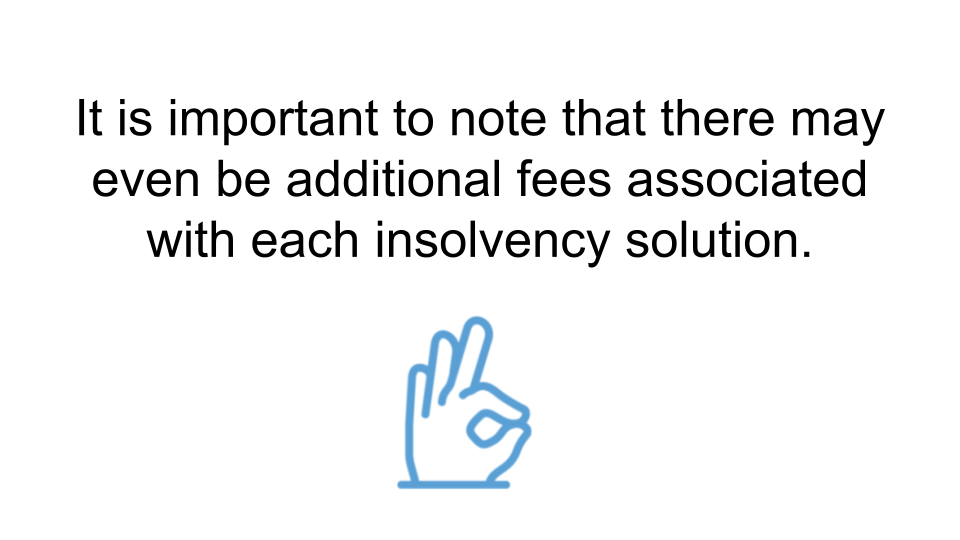It is possible to get your loan written off. There are a number of ways to do so.
Why Would I Want to Write Off my Loan?
Typically, in most instances, loans are taken out by borrowers with the intention to eventually pay them back in full. This may be to fund higher education, mortgage their house, or to help with emergency expenses such as medical bills for example. This applies especially to payday loans.
How Can I Avoid Writing Off my Loan?
Speak to your payday loan lender if you are struggling in certain instances to pay it off. You may be able to reach an agreement on behalf of both parties where your repayment terms are lengthened which may assist you in paying off smaller amounts over a longer period of time.
How Can I Write Off my Loan?
There are a number of insolvency solutions which will enable you to write off a loan. There are alternative benefits to each, alongside risks too. It is important to note that there may even be additional fees associated with each insolvency solution.
The following two solutions are actions that you may be able to take to get your loan written off:
1) Declaring Bankruptcy
Bankruptcy is a form of insolvency that writes off a loan if you cannot afford to repay it. In order to declare that you have gone bankrupt, you must follow a legal process. This route is only really applicable to those who are completely unable to repay the loan in a reasonable amount of time.
Bankruptcy will then see your assets such as your property or car seized so that they can be sold in order to fulfill payment and thus pay the outstanding loan amount and write it off.
In some cases, a creditor may declare you as bankrupt. But in other instances, you may be able to declare bankruptcy yourself.
If you choose to declare bankruptcy, you must consider both the benefits and the risks of doing so. The benefits include writing off your loan, which could provide you with a fresh start financially, no further legal action can be taken against you by creditors and you will no longer be chased or contacted by your creditors.
However, there are certainly some risks that should be considered when it comes to declaring bankruptcy to write off a loan. For instance, important assets such as your property may be included in your bankruptcy, it may impact on your job, especially if you work in the legal or financial field, it will be recorded on a public register and it will also appear on both your credit score and credit report. This will in turn impact future investment opportunities, as well as any future loan applications.

2) Debt Relief Order
A Debt Relief Order is a formal debt solution for people who cannot pay off a loan with debts lower than a certain amount, as well as only holding a small amount of assets. They are thus typically in a situation where it is agreed that there is very little chance that they will be able to repay back the money that they owe to the lender.
If applicable, a Debt Relief Order will freeze your debts for a year, allowing you time and space to improve on your financial situation. If after a year the situation has not improved after the Debt Relief Order, then it will be agreed by creditors to write the loan off.
Ways to Write Off a Loan Outside of Your Control:
1) Death
If you die, your estate and assets may be used towards paying off your loan and thus writing it off. If you do not have any assets, the loan will be written off entirely.
2) Assistance from Someone Else
It is possible to receive financial assistance from someone else. This could be a family member or friend for example. This might include handing over the funds in installments, or in full so that the loan can be fully paid and written off.
It is important that before going down this route, you ensure that whoever is giving you the money is someone that you trust and someone that trusts you.
Unless the money to pay off the loan is being gifted to you, then you should ensure that you work out an agreeable deal with the other person, as well as a realistic repayment plan.


